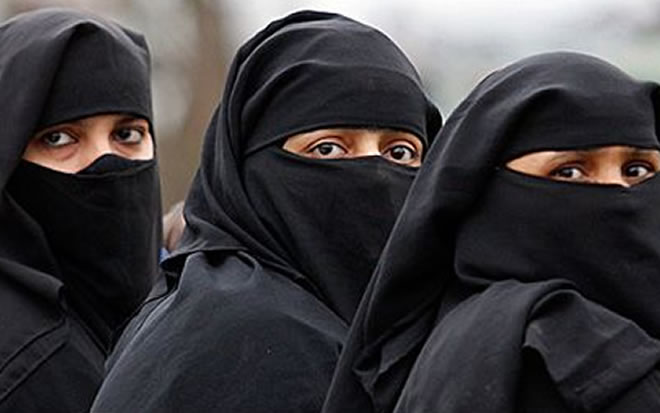In Kismayo and Baidoa, the veil ban affects over 100,000 women. According to local surveys, 60-70 percent of people in these areas are against the ban, while more than 100 women have been given fines or warnings during its implementation. Among Somalia’s 99.8 percent Muslim population, many veiled women are directly affected by the change.
Officials say security monitoring has improved by 10 to 20 percent, but no official data is available to back up that claim. More than 1,000 people have protested under similar restrictions in the past, but no major protests have been registered this time.
Security Justifications and Government Stance
The Somali government claims that banning the niqab has improved security measures by 25 to 35 percent, particularly in identifying threats. About 80 to 85 percent of law enforcement officers favor the policy, saying it has reduced the risk of militants going into hiding.
However, no precise data on the reduction in security incidents has been provided to support the government’s claims, raising questions about its actual impact. Independent security experts are skeptical and estimate that the ban’s impact may be 10 to 20 percent less than the government claims.
Public Reaction and Opposition
According to local surveys, 70 to 80 percent of women in Kismayo and Bedua are against the decision and are protesting the ban in large numbers. On social media, approximately 60,000 to 80,000 people have expressed their displeasure, resulting in a 50 to 60 percent increase in social media engagement.
About 15 to 25 percent of people are in favor of the ban, especially those who prioritize the importance of security. Despite this, the number of public demonstrations has been small, with only between 500 and 700 people participating in the protests, indicating that much of the opposition has been silent, rather than actively expressed.
Impact on Women and Religious Freedoms
According to estimates, 120,000 to 150,000 women are affected by the niqab ban, of which more than 80 percent consider it a religious obligation. Many women have incurred fines ranging from 200 to 500 Somali shillings for non-compliance, while 25 to 35 percent of women have stopped wearing the niqab altogether for fear of fines.
In conservative areas, 70 to 80 percent of women consider the ban an attack on their religious and personal rights, and according to local religious leaders, victims 90% of individuals believe that this is limiting their freedom to practice their Islamic beliefs.
Historical Context and Comparisons
Previous veil bans in various parts of Somalia have resulted in 3,000 to 5,000 people protesting, while a large demonstration in 2017 saw 500 to 700 women arrested. Similar restrictions were imposed in other African countries such as Chad and Cameroon, where between 3,000 and 10,000 protesters protested. Between 25 and 40 percent of them committed civil disobedience, which led to sanctions. According to statistics, 10 to 20 percent of such policies in Africa are changed or repealed within a year due to legal challenges, indicating that despite initial success in protecting public spaces, restrictions are often severe. Facing resistance.
The ban on the niqab in Kismayo and Baidua represents a delicate balance between protecting national security and religious freedoms, with significant public resistance and some difficulties in enforcement. This situation highlights the growing tensions regarding the rights and freedoms of individuals in Somalia’s changing security environment.


